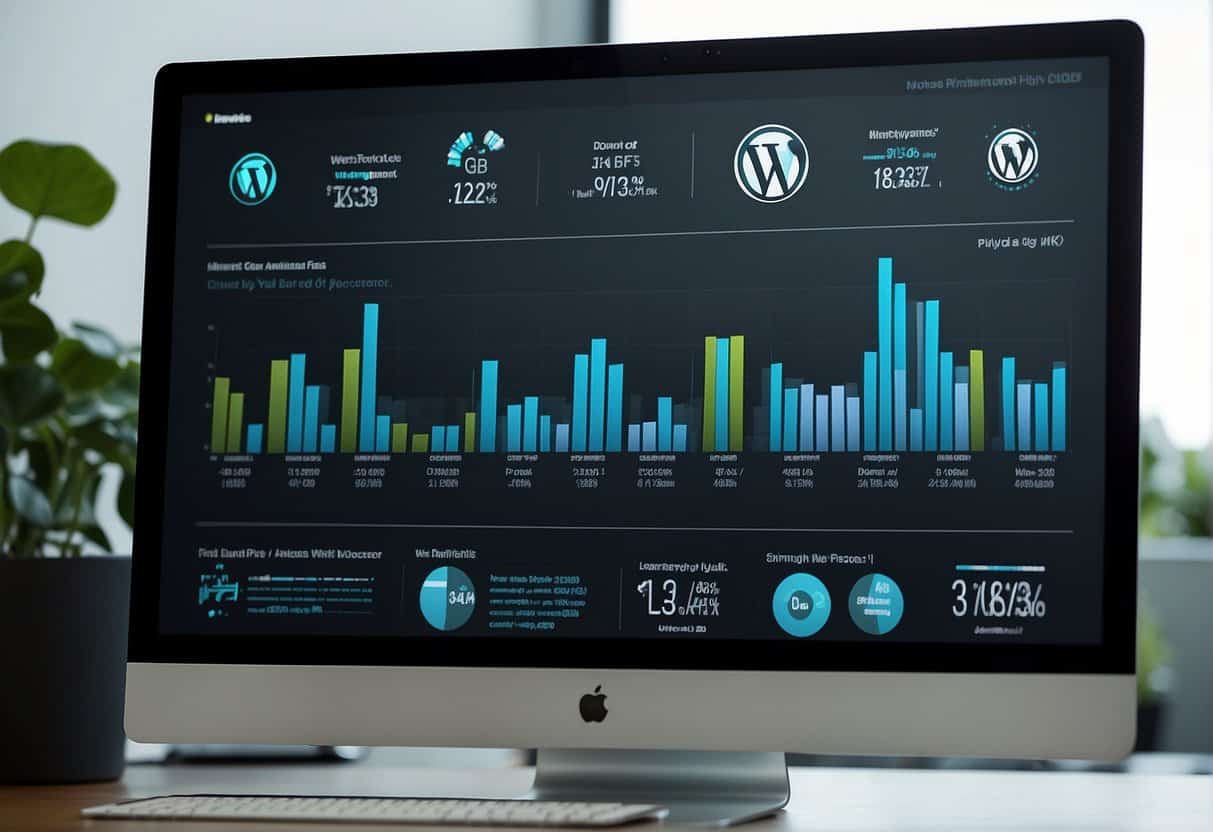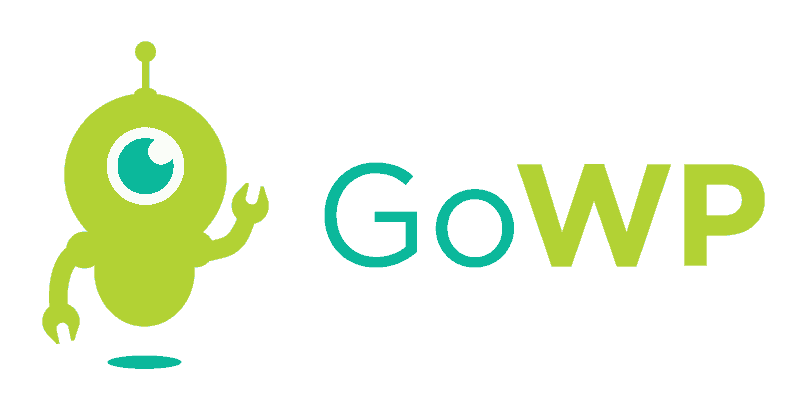As cliche as it may sound, content is king. (I had to say that, didn’t I?).
It’s the reason I’m writing this blog post in the first place. Don’t get me wrong. We aim to provide value to our readers. But we also understand the importance of creating content.
The process of creating content never really ends. It is your best bet for engaging with your target audience and building an online presence. That said, you always have to stay on top of your content game.
Luckily, you have several content formats to choose from. Two formats that you may want to explore are blogging and podcasting (or maybe even both). You have to figure out which one works best for you and your business.
Let’s start by considering each of these formats separately- their pros, cons, and other business considerations. After reading, you should be able to make an intentional decision about which one suits you best.
Let’s start with podcasting
Can you remember a time when you really got animated talking about a topic that you were passionate about? And you had your friends listening and nodding along with you as you spoke?
Well, that could have been a podcast if it were recorded and published.
Simply put, a podcast is an audio recording of a discussion on a specific topic, like food, sports, business, or you name it. Only this time, your listeners will not be in front of you but everywhere and anywhere in the world. Amazing right?
Podcasting is a dynamic medium through which you can talk about your brand and engage with your audience wherever they might be. Reports show that 57% of people in the US have listened to a podcast at least once. And the numbers keep increasing.
More than ever before, businesses and brands are beginning to implement innovative marketing and engagement strategies built around podcasts–and for a good reason. So should you start one of your own?
Well, before you decide, let’s examine some of the pros and cons of podcasting.
The benefits of Podcasting
1. Podcasts are more relatable
There is something about spoken communications that humans relate more to. It makes them feel connected. And this is what podcasting is all about, lending a human voice to your business and brand.
Through podcasting, you get in front of your audience with conversations about topics they are interested in. They get to hear the enthusiasm in your voice, share your humor, and listen to you provide answers to any questions they may have.
2. Broadcasting presents an opportunity to reach younger audiences
According to a recent survey, 62% of young consumers (between 13 and 39) listen to podcasts. So it is safe to say that podcasts have become a vital tool for reaching next-generation audiences. Depending on the products or services you offer, a creative podcast idea is an excellent way to build brand awareness among Gen Z’s and millennials.
3. Convenience and ease of consumption
Audiences can listen to podcasts on the go. It could be with headphones at the gym or using Bluetooth speakers while commuting to work. It is not only engaging but also time-efficient for your target audience.
The downsides of Podcasting
1. It requires some tech knowledge
To launch a podcast, you’ll need to have basic knowledge of podcast tech. The more advanced tech comes with a steep learning curve that you may find intimidating.
2. Time-consuming
Creating a podcast is not as simple as saying 3,2,1, Action! A ton of work goes into the pre and post-production podcast production phases. You’ll have to research topics, create scripts, and do several other things that can be time-consuming.
3. The Call-to-action gap
Podcasts allow people the convenience of listening from anywhere. As cool as this convenience is, it sometimes creates a gap in your marketing process. For instance, the chances of a potential client stepping off the treadmill at the gym to click on a call to action button are slim.
What about blogging?
Remember what I said about baring your heart out about a topic that interests you? Well, for podcasts, it is an audio recording. A blog presents the same content but in a written format. Blogging is another powerful tool that holds a lot of potential for your business and brand. Let us take a look at a few stats.
Did you know?
- Companies with blogs produce an average of 67% more leads monthly than companies that don’t blog.
- Each month, approximately 409 million people view more than 20 billion pages.
- Businesses that utilize blogging for marketing purposes see 13 times the ROI of businesses that don’t.
Interesting, don’t you think?
As you can see, having a blog can impact your business. For one, it opens up a stream of traffic that can drive engagements and good ol’ conversions.
The benefits of blogging
1. Search engine optimization (SEO)
One of the best things that can happen to any brand building an online presence is to have its website ranked high on search engines. And a blog can contribute to that happening.
Through blogging, you can increase the quality of your SEO by making your website a treasure chest that holds valuable answers to searchers’ queries. There are a ton of SEO tactics you can implement in your blog posts that increase your chances of ranking higher on search engines. For instance, the use of well-researched keywords can attract targeted traffic to your website.
2. No tech knowledge is required
Unlike a podcast, a blog doesn’t require you to know about tech. All you need to start a blog is a passion for writing and a bit of skill. To make things easier, you can even decide to outsource your blogging. That way, you get access to renowned copywriters who can get the job done.
3. An opportunity to establish yourself as an authority in your field
A blog allows you to set yourself apart as a champion in your niche. After all, you will be writing about topics that reflect your area of expertise. This is a great way to establish your credibility and authority in your niche. As a plus, you’ll attract the attention of search engines, as they love to point their users to authoritative websites.
The cons of blogging
1. Stiff competition
Do you know how many blogs currently exist? Out of 1.7 billion websites, there are more than 500 million blogs. And the number keeps growing.
This competition is stiff out there. To make your blog stand out, you have to put in the work to create compelling, valuable, and engaging content that will appeal to your target audience. This is not a one-time thing. It continues for as long as you want your blog to stay relevant in the online space.
2. Time-consuming
If you are going to make any meaningful impact through your blog, you must pay very close attention to it. This means creating a blogging schedule, researching topics and keywords, creating blog posts consistently, etc. This can become a time-consuming task that pulls your attention from other aspects of running your business.
A blog, a podcast, or both—Which is right for you?
Connecting with your audience is very important for your business. A good connection can serve as the key to growing the influence of your brand. You can decide to create a blog, a podcast–or, even both.
By now, you’ll have an idea of what they both entail. When deciding which content format best suits your business, here are some extra factors to consider.
Do you have a knack for speaking or writing?
To be successful at podcasting, you must be confident about speaking and having conversations. Yes, you can outsource a few podcasting tasks like audio editing and scriptwriting. But you’ll still have to do the talking. If you run a big company, you can create a team to handle your podcasting.
So what’s it going to be?
Do you have excellent conversational skills or think you can learn on the job?
Or will you go for a blog that won’t require time in front of a mic?
Well, the same thing applies to starting a blog. If you are going to run a blog by yourself, you must have a knack for writing. And you must be able to produce blog posts consistently. However, unlike podcasting, your company’s blog can be fully outsourced to enjoy the rich benefits of a copywriter’s skill.
Target audience
Remember, your target audience is an important factor to consider when choosing a content format.
A recent survey showed that 56% of podcast listeners in the preceding months were between 12 and 34. 39% were between 35 and 54, while the remaining 26% were 55 years and above.
If your target audience is a younger generation of consumers, then, by all means, go for a podcast. If they are a combination of both older and younger generations, then a blend of blogging and podcasting will suffice.
Let’s get started
You are not limited to one content format. You are even allowed to explore as many content formats as are available. You just have to be sure that it is the right fit and not a waste of time and resources.
A blog and a podcast are both great content formats. Go ahead and weigh both options to see which is compatible with your business, and get started. If you need help getting started with your blog, GoWP is here to help. We have a team of expert copywriters with the capacity to understand any audience and niche topic you throw at them. If you’re ready to find out how our blogging services can help you scale your business, grab a time on our calendar — we look forward to talking with you.






